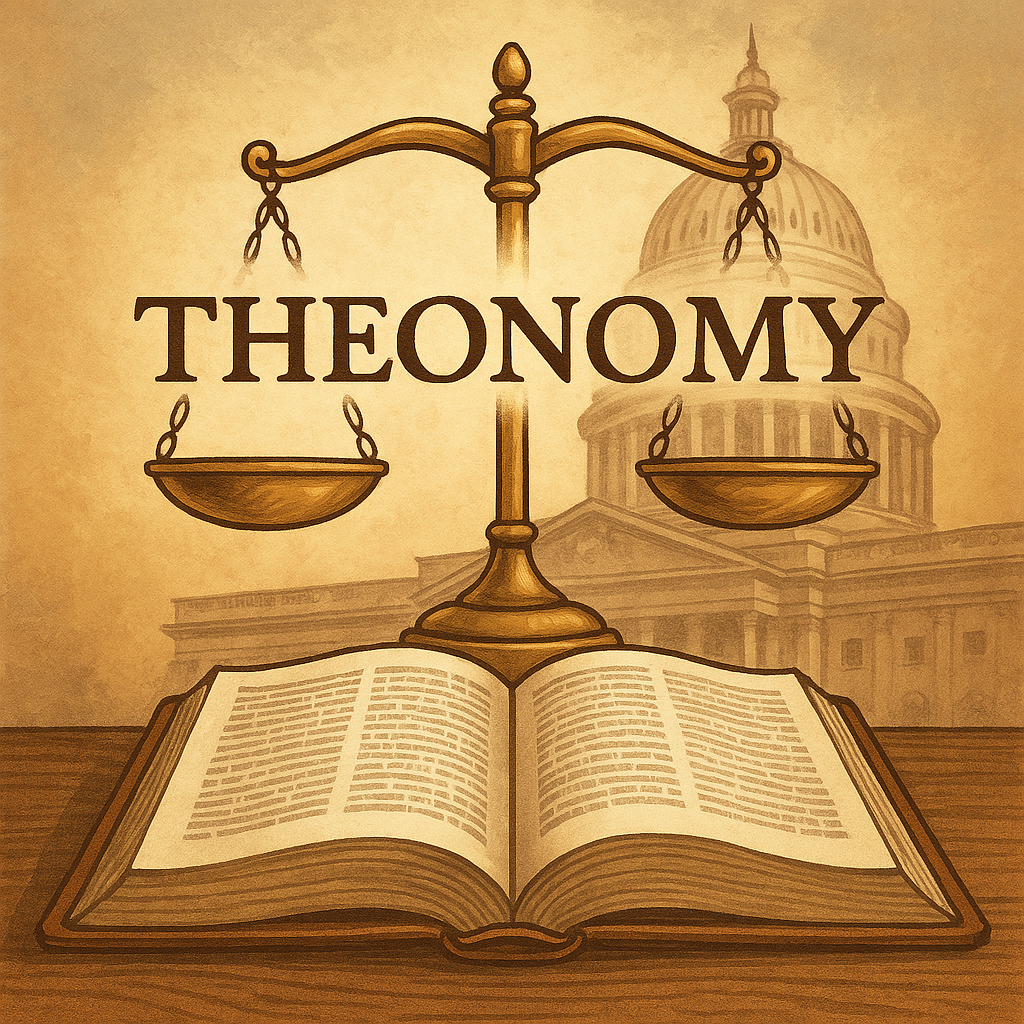The Fundamentalist-Modernist Controversy was a significant theological conflict that rocked American Protestantism in the early 20th century. At its core, it was a battle over the authority of Scripture, the nature of Christian doctrine, and how faith should respond to modern cultural and intellectual developments.
What Was the Controversy About?
The controversy centered on two opposing approaches to Christian faith: Fundamentalism and Modernism. Fundamentalists insisted on the inerrancy of Scripture and rejected modern scientific and cultural developments that contradicted traditional biblical interpretations. In contrast, Modernists sought to reconcile Christianity with contemporary science, historical criticism, and social change, promoting a more liberal and progressive interpretation of faith.
Main Causes of the Controversy
- Rise of Biblical Criticism: German higher criticism questioned the historical accuracy and divine inspiration of the Bible, challenging traditional beliefs about its inerrancy.
- Evolution and Science: The publication of Charles Darwin’s On the Origin of Species (1859) posed fundamental questions about biblical creation narratives.
- Social and Cultural Changes: The early 20th century saw rapid social changes, including urbanization, the spread of new philosophies, and the emergence of the social gospel movement, which emphasized social justice over doctrinal purity.
- Internal Church Conflicts: Denominational splits and heated debates about doctrine, especially within mainline Protestant churches, fueled the controversy.
Key Players
- Fundamentalists: Key figures included J. Gresham Machen, a staunch opponent of liberal theology, and William Jennings Bryan, who famously prosecuted in the Scopes Monkey Trial.
- Modernists: Leaders like Harry Emerson Fosdick, pastor of Riverside Church in New York, advocated for a faith that embraced modern ideas and social reform.
- Denominations: The controversy heavily impacted denominations like the Presbyterian Church (USA) and the Northern Baptist Convention, leading to splits and the formation of independent fundamentalist congregations.
Lasting Consequences
The controversy led to the permanent divide between Fundamentalist and Mainline Protestant denominations. Fundamentalists retreated into separate institutions, forming Bible colleges and independent churches. Modernist influence continued to shape mainline Protestantism, leading to more liberal theological and social perspectives.
In the long run, the controversy shaped American evangelicalism, as Fundamentalists eventually rebranded as evangelicals while retaining conservative doctrinal commitments. It also marked the beginning of modern culture wars, where religious conservatism and liberalism clashed over social and moral issues.
Conclusion
The Fundamentalist-Modernist Controversy was more than just a theological debate—it was a reflection of broader cultural shifts within American society. Its legacy endures today, influencing how faith communities engage with modernity and maintain their doctrinal identities.



